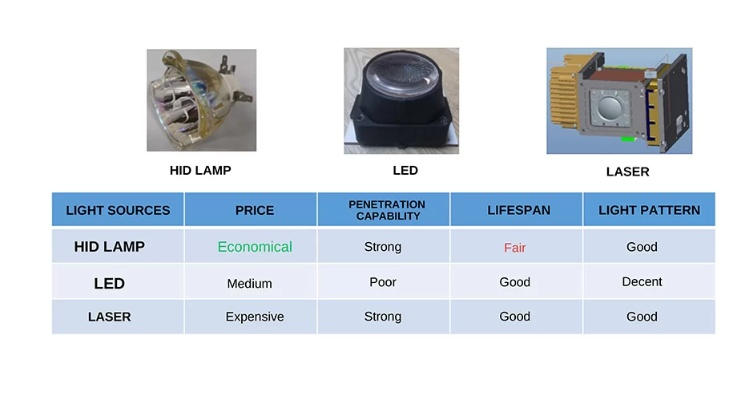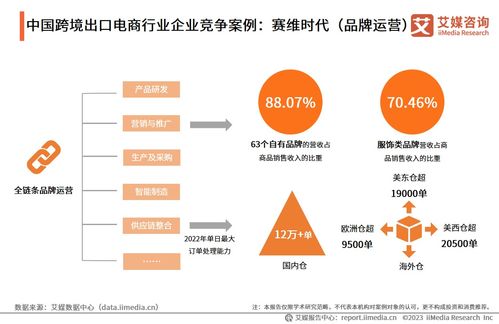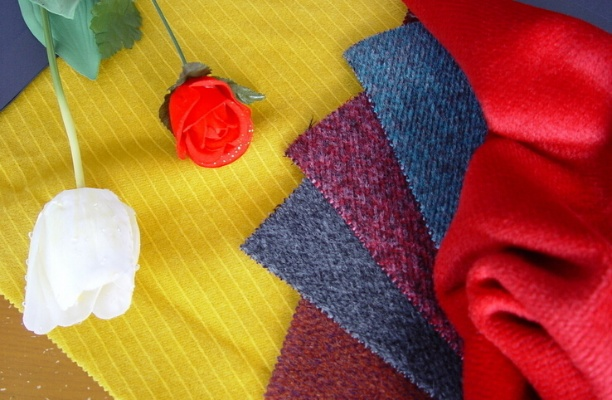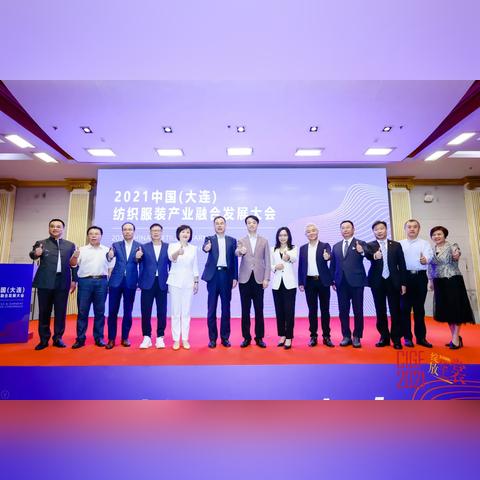The Essential Guide to Textile Standards and Quality Certificates
"The Essential Guide to Textile Standards and Quality Certificates" provides a comprehensive overview of the various textile standards and quality certificates that are essential for ensuring the quality and authenticity of textile products. The guide covers topics such as international and domestic textile standards, certification requirements, and best practices for textile product inspection and testing. It also provides information on the different types of textile certificates available, including certification codes, certification letters, and certification seals. Additionally, the guide offers practical tips for selecting and using textile standards and certificates to ensure compliance with industry regulations and enhance product quality. Overall, this guide is an essential resource for anyone involved in the textile industry seeking to understand and implement effective textile standards and quality control measures.
Introduction: In the world of textile manufacturing, ensuring that products meet stringent standards is crucial for both consumers and manufacturers. Textile standard certificates serve as a vital certification that guarantees the quality, safety, and compliance of textile products. In this guide, we will explore the importance of textile standard certificates, their classification, and how they impact the industry.
Textile Standards and Their Importance: Textile standards are set by various international organizations like the International Organization for Standardization (ISO), American Society for Testing and Materials (ASTM), and European Committee for Electrotechnical Standards (CENELEC). These standards define the minimum requirements for fabric properties such as colorfastness, durability, and shrinkage. They also establish guidelines for the testing methods used to evaluate these properties.
The Importance of Textile Standards:
- Ensuring Safety: Textile products must comply with safety standards to prevent hazardous materials from entering the environment or being ingested by consumers.
- Improving Quality: Standards help manufacturers produce high-quality products that meet consumer expectations.
- Reducing Waste: Compliance with standards helps reduce waste by preventing defective products from reaching the market.
- Enhancing Brand Reputation: Companies that adhere to strict standards enhance their brand reputation and can attract customers who value sustainability and quality.
Classification of Textile Standards: Textile standards can be broadly classified into three categories:

- National Standards: These are set by individual countries and reflect local regulations and practices.
- International Standards: These are recognized globally and are based on international standards like ISO, ASTM, and CENELEC.
- Technical Standards: These are specific to a particular product or application and are not necessarily global standards.
Example of Textile Standards in Action: Consider the case of a company producing clothing made from organic cotton. To ensure compliance with international standards like OEKO-TEX® Standard 100, which tests for harmful substances, the company must conduct regular testing of its fabrics. This ensures that the clothing does not contain any banned chemicals that could harm the wearer's health.
Textile Standard Certificates: Once a product meets the required standards, it is certified by a third-party organization. A textile standard certificate is an official document that confirms that the product has passed all necessary tests and meets the standards set by the relevant organization. It is a legally binding document that can be used to demonstrate compliance with international and national standards.
Benefits of Having a Textile Standard Certificate: Having a textile standard certificate provides several benefits to both manufacturers and consumers:
- Consumer Reassurance: Customers can trust products that have been certified as meeting certain standards, knowing that they are safe and reliable.
- Market Access: Companies can gain access to new markets where they can sell their products if they meet the requirements of the local standards.
- Brand Image: Companies that prioritize quality and safety can build a strong brand image that appeals to customers who value these values.
- Cost Savings: Manufacturers can save money on quality control costs by using certified textiles, reducing the need for costly rework and recalls.
Conclusion: In conclusion, textile standard certificates play a crucial role in ensuring that textile products meet high standards of quality, safety, and compliance. By understanding the importance of these certificates and their classification, companies can take proactive measures to maintain their reputation and expand their market reach. As consumers become more discerning, having a textile standard certificate is becoming essential for businesses looking to stand out in a competitive market.
大家好,今天我们来聊聊纺织品标准合格证的话题,纺织品是我们日常生活中不可或缺的物品,其质量直接关系到我们的穿着舒适度和安全性,为了确保纺织品的质量和安全,各国都制定了相应的纺织品标准,我们将详细了解纺织品标准合格证的相关内容。
纺织品标准合格证概述
纺织品标准合格证是证明纺织品符合相关标准和质量要求的文件,它包含了纺织品的基本信息、性能指标、安全指标等,是消费者购买纺织品的重要参考依据。

纺织品标准内容及要求
- 纺织材料标准:纺织品的主要材料应符合国家相关标准,如纤维含量、染色牢度等。
- 性能指标:纺织品应具备优良的透气性、吸湿性、保暖性等基本性能,同时应符合国家安全标准。
- 安全指标:纺织品应符合国家相关安全标准,如无毒、无味、无放射性等。
案例分析
以某品牌纺织品为例,展示纺织品标准合格证的详细内容。
纺织品标准合格证示例
| 项目 | 具体要求 | 示例文本 |
|---|---|---|
| 纺织材料 | 纯棉纤维含量不低于95% | 该品牌纺织品采用纯棉纤维为主要材料,符合国家标准 |
| 性能指标 | 透气性良好 | 该品牌纺织品具有良好的透气性,穿着舒适 |
| 安全指标 | 无毒、无味、无放射性 | 该品牌纺织品符合国家相关安全标准,无毒、无味、无放射性等 |
如何获取纺织品标准合格证
消费者在购买纺织品时,可以通过查看纺织品上的标准合格证来确认其质量,一些电商平台也提供了在线查询纺织品标准合格证的功能,方便消费者查询,一些专业的检测机构也可以为消费者提供纺织品标准合格证的检测服务。
纺织品标准合格证是保障消费者权益的重要文件,也是保证纺织品质量的重要手段,在购买纺织品时,消费者应该仔细查看纺织品上的标准合格证,确保其符合相关标准和要求,电商平台也应提供便捷的查询服务,方便消费者了解纺织品的质量信息,政府和相关机构也应该加强对纺织品标准的监管和检查,确保纺织品的质量和安全。
Articles related to the knowledge points of this article:
Review of Ruijia Cotton Textile Wholesale Department
The Story of Shanghai Textile Companys First Wholesale Department
The Unique Connecting Citys Needlework Textiles Wholesale Market
The Fashionable Textile Wholesale Market in Ruili Free Trade Zone



